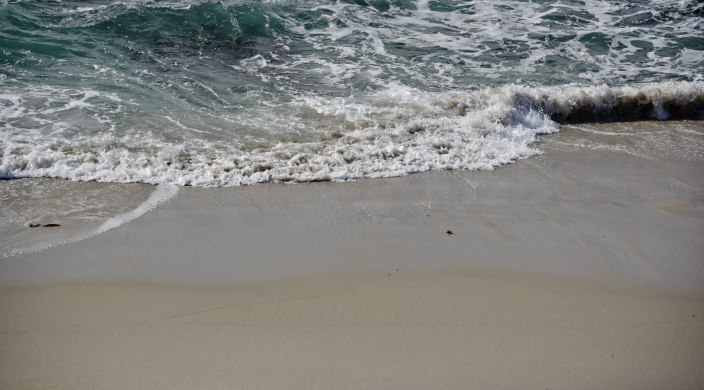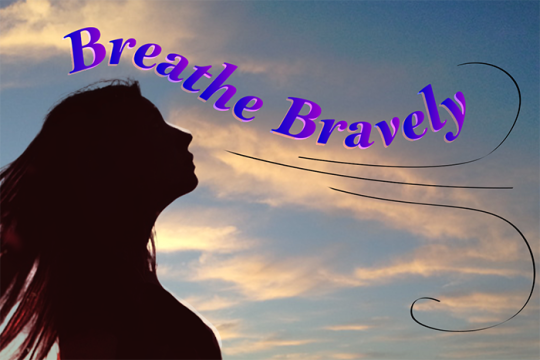
“First they came for the Socialists, and I did not speak out – for I was not a Socialist. Then they came for the Trade Unionists, and I did not speak out – for I was not a Trade Unionist. Then they came for the Jews, and I did not speak out – for I was not a Jew. Then they came for me, and there was no one left to speak for me.” (Martin Niemöller)
At the end of a day of family fun on the beach, my wife, my daughter, and I headed to the ramp that leads back to the boardwalk. As we approached, I noticed a drawing in the sand.
“Look, beach artwork…let’s see what it is!”
My enthusiasm turned to disgust when I saw the swastika drawn in the sand and read the neatly written message that accompanied it: “All Jews must die. F**k the Jews.”
“Daddy, are you OK?” my young daughter asked, knowing how my family history as a child of a Holocaust survivor affects and shapes my perspectives.
“People are just mean,” she continued astutely, “and they don’t really know how to express their anger properly.”
I erased the writing, but I could not erase my own anger and upset over the experience. I stewed for weeks before speaking to my rabbi in an effort to articulate my thoughts about what this incident meant to me – and perhaps also what it should mean.
Although I don’t yet have an answer, I do have several ideas.
Our country is traversing a difficult period – war, terrorism, economic upheaval – and people are angry. They’re placing blame for their personal circumstances on others from different races, religions, and ethnicities.
Especially in this country, founded by immigrants and built on the ideals of numerous cultures, religions, and races, we cannot and we must not be complacent. Especially now, during the Hebrew month of Elul, which precedes the High Holidays and serves as a time for inward reflection, I seek to have faith in humanity, and believe the world’s scales tip in favor of good over hate and evil. By contrast, whoever left that message on the beach lives in a world in which hate survives because xenophobic, racist, and anti-Semitic individuals perpetuate it.
When an Egyptian Olympian refuses to shake the hand of an Israeli Olympian, we should all be offended, just as we should be when an individual writes hateful messages in the sand. Ours is a country in which we are free to practice our faith, express our opinions, and have open dialogue for the greater good. Nonetheless, what separates us as individuals is precisely what should unite us.
With Elul upon us, I continue not only to reflect on that hate-filled message in the sand, but also to hold tight to the promise of a time when my daughter can meander along a beach, sit in a movie theater, and walk down streets without encountering hateful messages. At this season and always, as we seek out the common ground that connects us to one another, may we find that working together in search of healthy outlets for our anger is truly a solution to the hate in our world.
Related Posts

Breathe Bravely

The Importance of Storytelling

